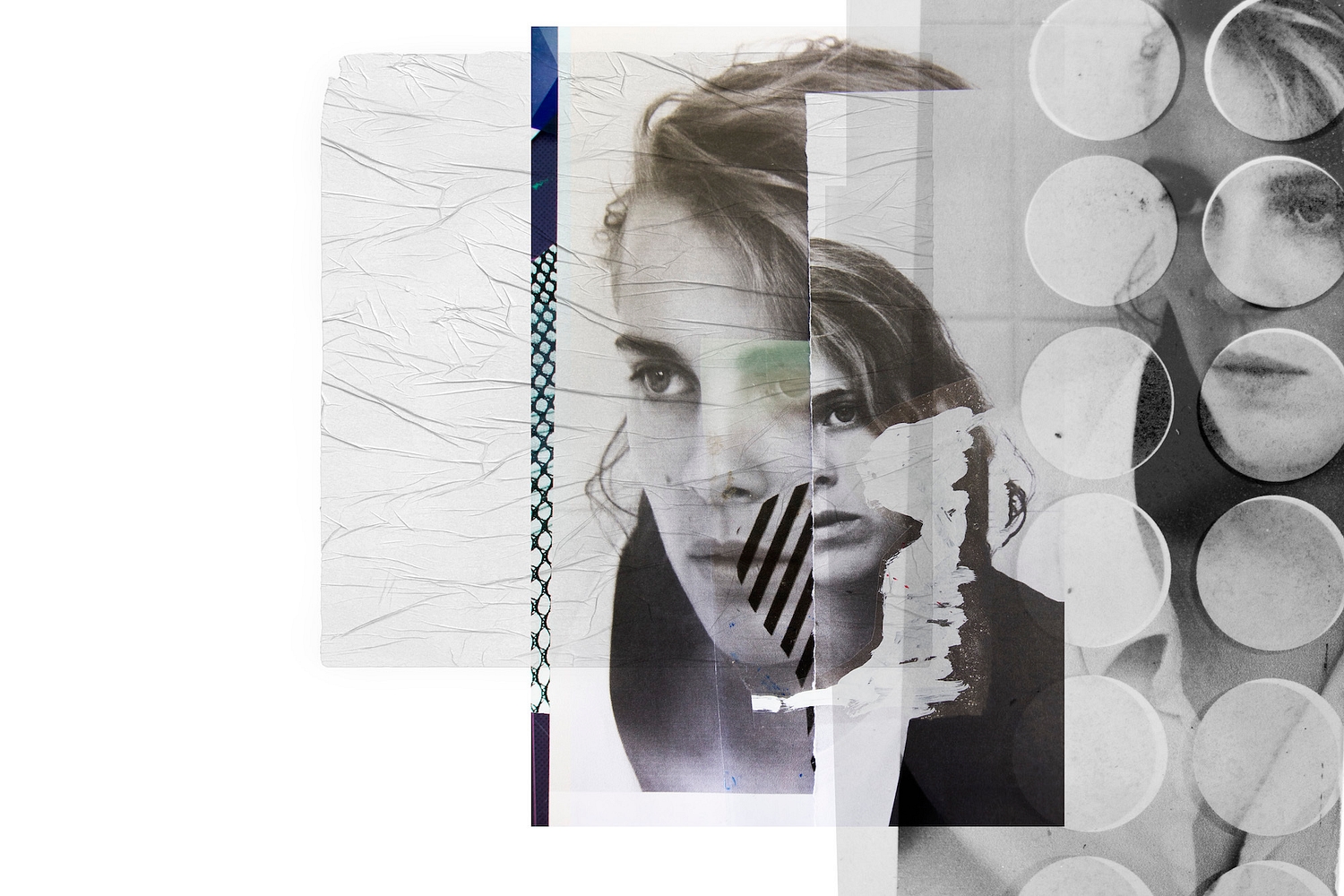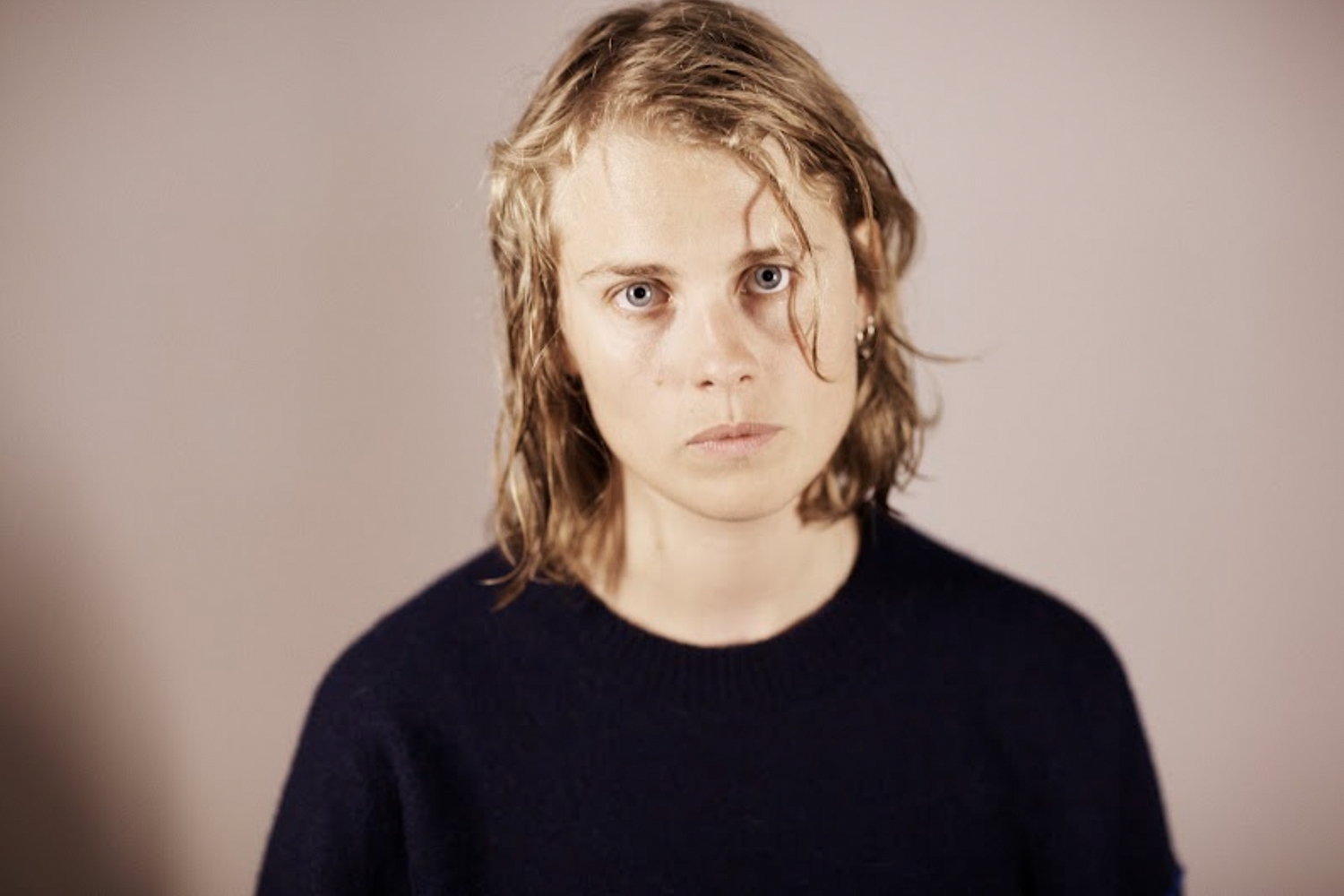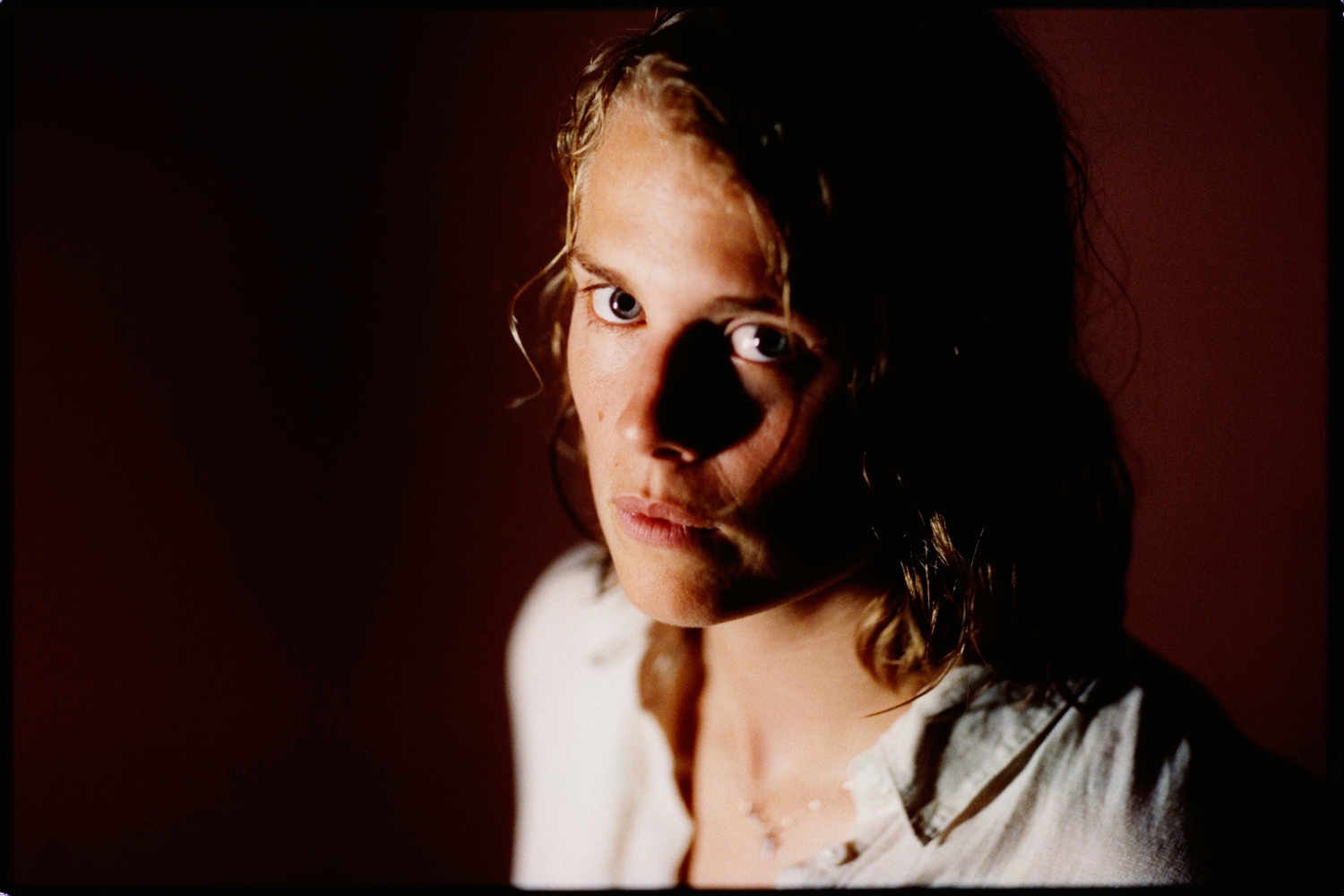
Interview Cover Girl: Marika Hackman
Marika Hackman spent the strange summer recording takes on Beyoncé, Radiohead and some of music’s biggest stars. “It gave me a big sense of relief,” she explains of her new ‘Covers’ LP.
This summer, Marika Hackman found herself back in her childhood bedroom. Choosing to take refuge from London’s lockdown claustrophobia at her parents’ home, the sentimental echoes of her past were all around her. Not only was she back between the same four walls where she put together the songs that comprised her debut EP in 2012, she was once again sat at the same computer, recording a new set of songs; to ram the parallels home yet further, on both occasions the songs in question were all cover versions.
After wrapping up touring for 2019’s ‘Any Human Friend’, Marika had originally set aside 2020 to work on new material, but events made that more difficult than anticipated. “I felt really uninspired,” she explains now. “It was lockdown, and I felt this enormous pressure that I should be really cracking on with the next record and having to write twelve tracks’ worth of music. I was sitting down at my desk and I just couldn’t pull anything out of thin air. So doing a covers record, it gave me a big sense of relief. It was a creative way to fill that awful time, do something with it and come out with something at the end.”
The resulting album, aptly-titled ‘Covers’, goes for the jugular, with such cultural giants as Beyoncé, Elliott Smith and Grimes among those given the Marika treatment. Together, they’re bound with warm, intimate production and arrangements that allow her vocals to lure new perspectives out of familiar lyrics.
The process of selecting the ten songs to interpret was surprisingly straightforward. “I always cover songs that I really, really love and have an intense relationship with; it just makes the job a lot easier,” she says. “I was going through playlists that I’d made and looking at the songs that I felt would be a good challenge. You know, taking on Grimes and Beyoncé - that’s a challenge. They’re very different sonically to me. But what an enjoyable challenge to pick a work of genius that’s so far removed, incomparable to what I do anyway, and to try to translate that into my own language, pulling out those golden threads of what really makes the song special or makes it have an impact.”
“What an enjoyable challenge to pick a work of genius and try to translate that into my own language.”
The record opens with a version of Radiohead’s ‘You Never Wash Up After Yourself’, the final track from their 1994 EP ‘My Iron Lung’, and a song Marika feels was the riskiest of all to tackle. “They’re probably one of the most covered bands in the world, I would imagine. It’s all about those strange chord progressions and melodies and lyrics,” she says. “A good way of sidestepping that is to go for a deep cut and not go for something a bit more conventional that a lot more people have heard.” The homespun, DIY atmosphere of the track is only enhanced by Marika’s choice to leave in the buzzing of a fly that had become a persistent interruption to her recording - a testament to the project’s studio-less, improvisational necessity.
Her greatest revelation during the making of ‘Covers’ came, however, when she was preparing to sing The Shins’ ‘Phantom Limb’. “When I was 15, I was obsessed with that song, I would listen to it all the time,” she recalls. “I was looking up the lyrics and found out it was about this secret lesbian romance at a high school. I was like, that is so fucking crazy. I was listening to this as a closeted lesbian at age 15, having it connect really deeply, without actually understanding anything he was saying at any point. It is so relevant to me and it completely makes sense that I was absolutely obsessed with it when I was a kid.”
The phenomenon of inhabiting another artist’s words can be daunting, especially when the subject matter is as personal as it is on Elliott Smith’s ‘Between the Bars’, which he wrote about his own issues with alcoholism. But Marika is clear that it’s not about reinterpreting someone else’s work, but rather celebrating it. “I’ve never felt like I was intruding,” she says. “You’re stepping into someone’s shoes but you’re not deciding to tell their story for them. My aim with a cover is to distil the lyrics and the melody - the song itself - and let that speak the most. It’s more about that channelling of someone else’s message, as opposed to adopting a character. I’m always very careful of that: it’s not my song, they’re not my words, but I can still connect with them and I can still relate to them in a way that hopefully hits with the same kind of impact.”
That impact is keenly felt on her version of Beyoncé’s ‘All Night’, which climaxes with a choir of Marika’s layered vocals to make a dreamy, elegant counterpart to the bombast of the original. She may not categorise ‘Covers’ as her fourth album proper (she points to the fact that it took three months from start to finish, as opposed to two years), but it demonstrates the same expression and command of the communicative power of song that has been present in all of her work. Not a bad turnaround for a trip back to your parents, all things considered.
‘Covers’ is out 13th November via Transgressive.
As featured in the November 2020 issue of DIY, out now.
Read More

Marika Hackman, Baxter Dury, Lambrini Girls and more complete Bearded Theory lineup
Headlining this year's knees up are Amyl and the Sniffers, Future Islands, SOFT PLAY and more.
28th February 2024, 12:30pm

Latitude announce The Vaccines, CMAT, Marika Hackman and more
They join headliners Kasabian, London Grammar, and Duran Duran.
25th January 2024, 12:22pm

Marika Hackman: “That’s so much of what I explore - the stuff that unites us, even in its ugliness”
It’s been five years and one pandemic since her last studio album, and Marika Hackman has had a lot on her mind. Reflective, immersive, and - as ever - deeply personal, ‘Big Sigh’ is the sound of an artist getting it all off her chest.
17th January 2024, 3:00pm

Marika Hackman shares final album preview ‘The Yellow Mile’
Her imminent LP, 'Big Sigh', lands tomorrow.
11th January 2024, 10:55am
With Bob Vylan, St Vincent, girl in red, Lizzy McAlpine and more.


